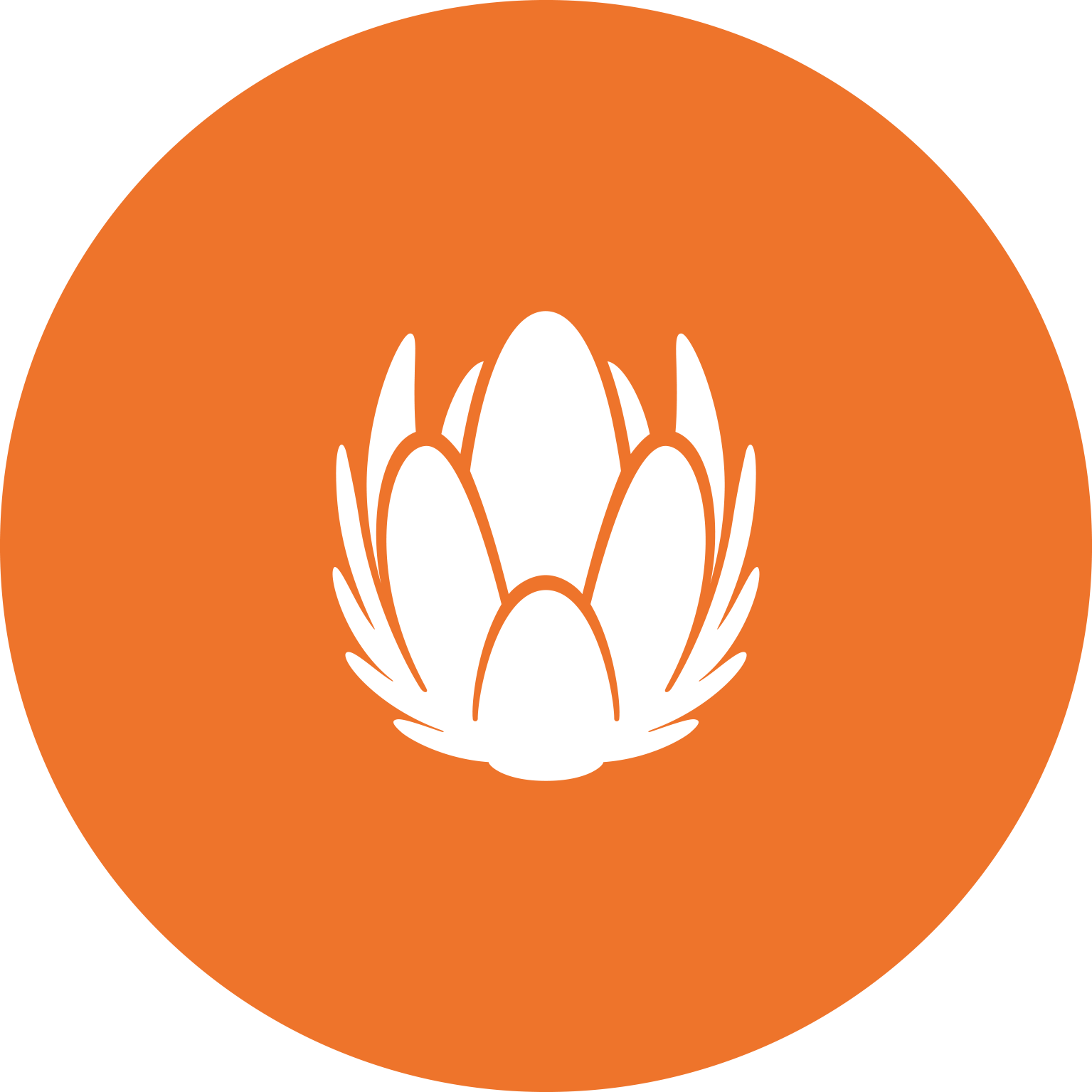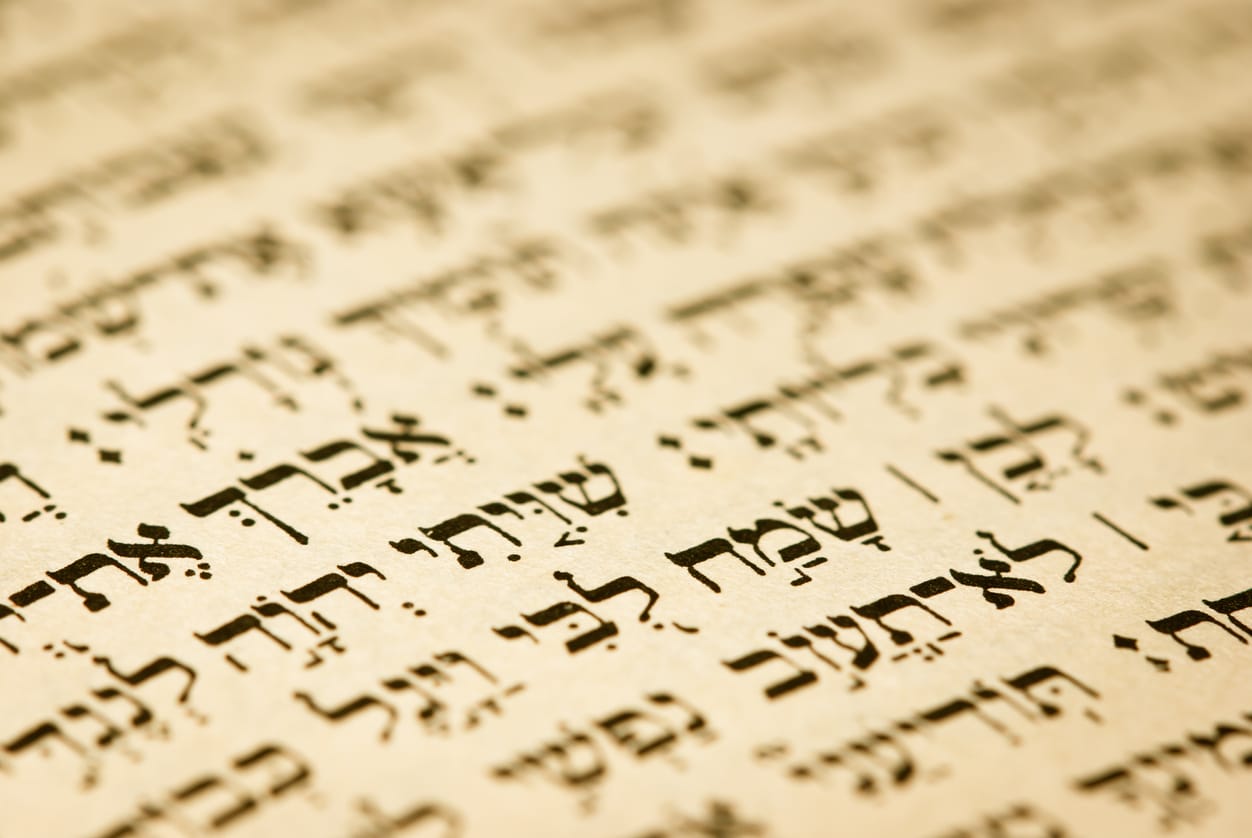I’m Jewish and had the privilege to participate in an internal short film, due to launch soon, about eradicating micro-aggressions in the workplace. In this film, I talked about the situations that create unhealthy, unwanted and intimidating situations in the workplace and wider society. For me personally, if there is news about the Middle East I am often drawn in to political discussions, with people expressing opinions expecting me to respond.
While I’m not going to address micro-aggressions here, I would like to share some insights about my faith and invite you to dig a little deeper, to be more curious and question some truths you may hold. I’m hoping that my words might just help us start conversations and give people a little more cultural understanding.
As a Jew, core to my life are community, charity, volunteering, and my religious and cultural rituals. No matter what is happening as a community, we carry each other through it.
Yom Kippur, 15 September 2021
Yom Kippur, the day of atonement, is one High Holiday, which regardless of a Jew’s level of religious observance, the majority will observe. It is the day when we fast, pray, and repent our past mistakes. In the month preceding it, we do teshuva – recognise our wrongs, speak them out loud, right them and seek forgiveness from those we have wronged.
Yom Kippur marks the end of the period of judgement, which begins 10 days earlier on Rosh Hashanah, Jewish New Year. During Rosh Hashanah, we perform a Tashlich ceremony where through prayer, we symbolically throw our sins into a flowing body of water.
Yom Kippur became a significant day to mark dating back to the 13th century BCE when the Jews were escaping Egyptian slavery through the Sinai desert to Israel. Moshe (Moses) climbed Mount Sinai to receive the Torah and upon his return, the Jews had built a golden calf, believing that the idol would bring them home and give them happiness. God’s anger at what was witnessed, resulted in Moshe having to repent the sins of the people. From that day forward, every Yom Kippur carries with it a special power to cleanse our mistakes (both individually and collectively) and to wipe the slate clean.
What does the day entail?
We commence the 25 hours of Yom Kippur at nightfall. Prior to it commencing, we have a festive meal as a family, we remove our leather shoes, and the men don the white coat that they wear at their wedding, called a Kittel. We also perform a ceremony called Kaporos, where whilst reciting a prayer for long life and peace, we wave money around our heads three times, then donate it to charity.
For the majority of the fast (except the sleeping hours), men in particular will remain in synagogue (house of worship). The fast commences with the haunting Kol Nidre service and the following day finishes an hour after nightfall with Neilah. Fasting means that no food or drink is consumed (with exceptions made for those who are unwell). It may sound odd to say, but a day void of food, technology and luxuries like leather, that gives you uninterrupted time for reflection and consideration, is actually a truly sobering and powerful day. I can’t think of another of the Jewish fast or festival that embodies that.
Yom Kippur is being celebrated on the 10th of the month of Tishrei, in the Gregorian calendar it varies, but for 2021 it begins on September 15th and ends on September 16th.
If you have friends, family or colleagues who may be observing Yom Kippur, please note it is a solemn and reflective day, so wishing someone a “Happy Yom Kippur” is not appropriate/customary. Instead, people say “G’mar Hatima Tova” which translates to: ‘may you be sealed in the Book of Life.’
I am involved in our race and ethnicity employee group where we have lively discussions about building our inclusive culture at Liberty Global. I’m proud to contribute as, like many of us, our aims are to improve cultural understanding and diversity at all levels within the company.










